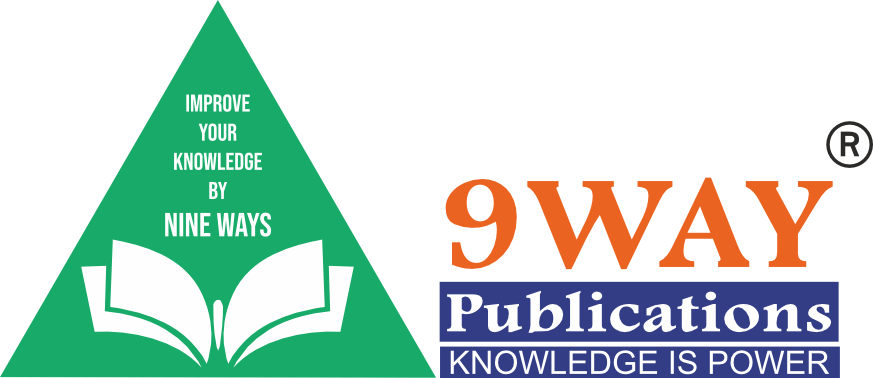
Struggling with SSLC Social Science? Learn how to study History, Civics, Geography, and Economics with a smart, skill-based approach from 9Way Publications.
Social Science in SSLC is one of those subjects students often ignore until the last minute — especially History. With dates, names, places, and lengthy explanations, it feels like pure memorization.
But here’s the secret: you don’t need to memorize everything to score well in SSLC Social Science.
In this blog post, we’ll teach you a skill-based, smart strategy to study Social Science — chapter-wise tips, time-saving tricks, and how to use 9Way Publications question banks to boost your score with less pressure.
🧠 What Makes SSLC Social Science Scoring — If Done Right
Unlike Maths or Science, Social Science questions follow a predictable pattern. The more past papers you practice, the better your chances of scoring.
The paper is made up of:
History
Civics
Geography
Economics
Each section needs a slightly different strategy — and we’re breaking it all down for you.
📖 1. History: Make a Timeline, Not a Textbook
Let’s face it — History is full of dates, events, and personalities.
💡 Smart Trick:
Instead of trying to memorize full paragraphs, create a timeline with just:
Year
Event
Key outcome
Then revise this every weekend. You’ll retain more with less mental load.
✅ 9Way’s History section includes date-wise summaries and highlighted “Why this is important?” sections to make it stick.
🏛️ 2. Civics: Focus on Concepts, Not Full Answers
Civics is mostly about understanding how the government works — don’t mug it up.
How to study Civics smartly:
Understand key terms (like democracy, federalism, fundamental rights)
Learn by comparison — e.g., What’s the difference between Lok Sabha and Rajya Sabha?
Use bullet points in answers to make them easier to write and read
📘 Our question bank has model answers with bullet points + short-form summaries for quick Civics prep.
🗺️ 3. Geography: Practice Map Questions & Keywords
Geography in SSLC can give you easy marks — if you master:
Map pointing questions
Important rivers, dams, crops, soil types
One-line definitions (like “black soil” or “rabi crops”)
Pro Tip:
Practice map work weekly. Don’t skip this section — it’s often a bonus 5–10 marks.
✅ Our book includes labelled maps and map-based Q&A sets for revision.
📊 4. Economics: Understand Graphs & Daily Examples
Economics is often ignored — but it’s full of easy scoring chapters like:
Consumer Rights
Poverty and Employment
Budget Planning
Sectors of the Economy
You can relate these to real life: GST, petrol prices, farmers, etc.
Study Tip:
Use daily examples to understand graphs and case studies. It helps in retention and makes answers more relatable.
📝 5. Solve 2 Questions from Each Section Daily
You don’t have to study the whole subject daily. Just:
1 History question
1 Civics
1 Geography
1 Economics
It’ll take only 20–30 minutes and will build daily familiarity.
By exam day, you’ll feel confident — not overwhelmed.
❌ Top Mistakes Students Make in Social Science
Ignoring map work
Writing long, unstructured answers
Not revising past papers
Trying to memorize without understanding
Skipping Civics & Economics as “theory-only” subjects
Don’t make these errors — they cost marks even when you know the content!
 How 9Way Publications Makes Social Science Easier
How 9Way Publications Makes Social Science Easier
Our question banks are designed for scoring, not just reading. You’ll get:
✅ Chapter-wise Q&A (with marking scheme)
✅ Map-based and diagram questions
✅ One-word questions for quick tests
✅ Model papers with blueprint alignment
✅ Kannada Medium & English Medium versions
🎯 Conclusion: Study Social Science with Strategy, Not Stress
Don’t fear Social Science. You don’t have to be a “history lover” to score above 90%.
All you need is:
-
A consistent plan
-
A question bank that guides you
-
And belief that you can do it
Let 9Way Publications help you simplify the subject and succeed in your board exams — one chapter at a time.
